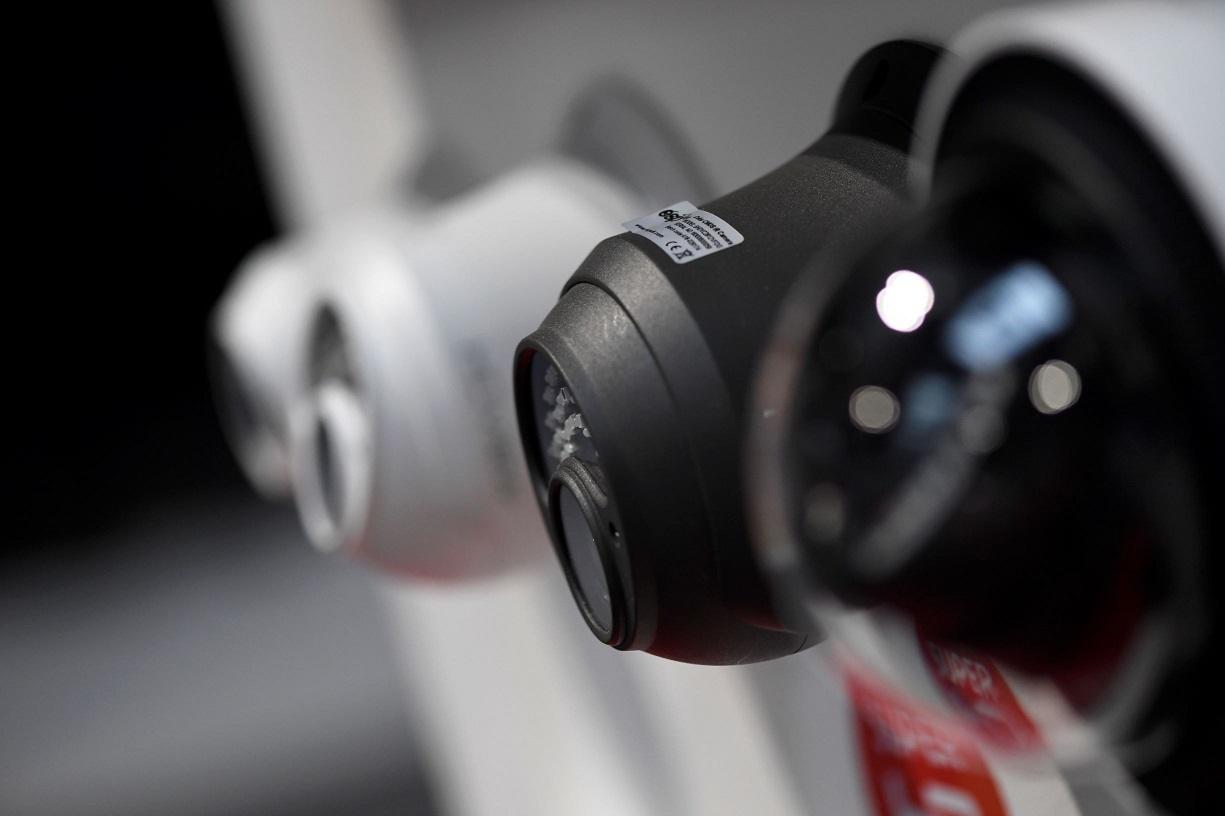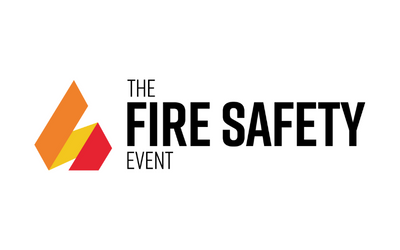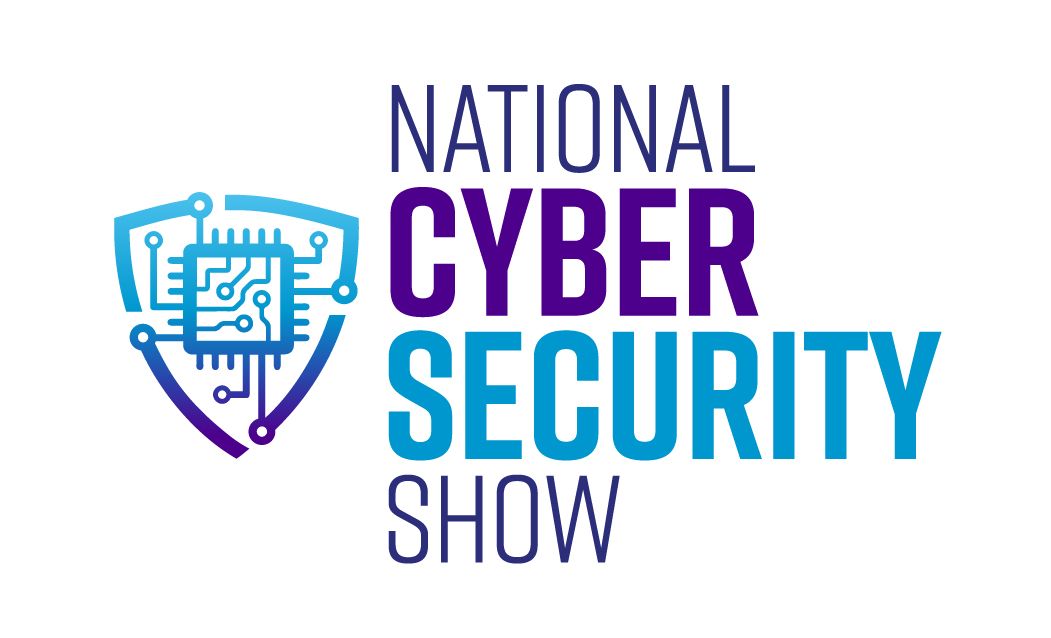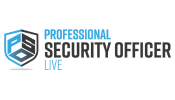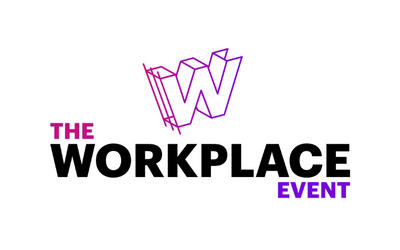Abloy UK uncovers multi-residential access trends and market drivers
Chris Pike, Business Development Manager – Multi Occupancy at Abloy UK, explains: “Multi-residential housing - or multi-family as it’s also known - is Europe’s second-largest real estate sector[1], and we are seeing digitalisation gathering pace in this arena with the market witnessing a complete transformation.
“Digitalisation has penetrated almost every area of daily life, so it makes sense that such technology keeps people and property safe too. Access and security management can often lead a move towards digital solutions, streamlining operations and making life more convenient for residents, property managers and landlords.
“When tenants or homeowners choose a multi-residential property, they place their faith in property managers to deliver security and safety without hassle or worry. Building managers return this trust with responsibility, even in the face of time and cost pressures which inevitably come in a competitive market.”
Key whitepaper findings
- Increased efficiency: The whitepaper found that greater efficiency helps multi-residence housing providers to improve their service and boost resident satisfaction. When deployed effectively, a digital access solution around the building becomes a seamless experience for the resident and a reputation enhancer for the housing provider, delivering a concrete ROI.
- Mobile keys: The growing appeal of mobile or smartphone keys was also highlighted, with many renters now expecting the convenience of the mobile world, in everything from food delivery to banking and travel.
- Connected experience: With mobile access, they get a connected experience, moving around the building hassle-free, between their apartment and common areas such as a gym, laundry room or private gardens.
- Key control & access rights: Instead of a bunch of keys, they carry one flexible, shareable virtual key to let visitors in remotely; they can share temporary keys, with visitors or family, which expire automatically.
- Smart energy & security: Home automation systems, when properly integrated with digital access, also offer benefits such as smarter energy usage and real-time security notifications, with enhanced convenience, connectivity, and control. As more smart devices are installed into multi-residential units, the value for integrating access control into the smart home ecosystem only grows.
Improved security and facilities management
Digitalisation also benefits property owners, investors, and managers. It creates an efficient way to provide building security for tenants and their visitors, as well as temporary service providers or contractors.
With a digital system, service providers carry access credentials which fit their precise time-period and location requirements, with flexible access issued for multiple premises if required.
For example, cleaners may be admitted 5 days each week, between 6am and 9am. Their programmable credentials only unlock site doors during this window, and their permissions can automatically expire after an agreed period.
With digital access, facilities staff no longer spend hours on traditional key management and they do not need to change locks when keys go missing. Any lost credential is quickly deleted from the system, and it won’t unlock doors, cabinets, or any other access-controlled openings.
This added flexibility in workflow saves time, even more so if access can be managed from anywhere via a remote or cloud-based system.
A digital solution offers the flexibility to meet almost any user or building management need, and a connected solution can put property managers in remote control of their premises. Choosing digital also saves time and money, with solutions available from Abloy UK that are easy to retrofit, with no need for cables.
Chris adds: “Access shouldn’t be a hassle - it should be seamless and convenient for both tenants and property managers. From an investment point of view, digitalisation provides more than just this immediate ROI.
“We have extensive expertise in security and access control; however, no one can predict with 100% certainty where this market is heading. Certainly, installing digital systems in new-builds – and retrofitting them wirelessly to existing locations – is the best way to future-proof a multi-residential property for whatever comes next.”
